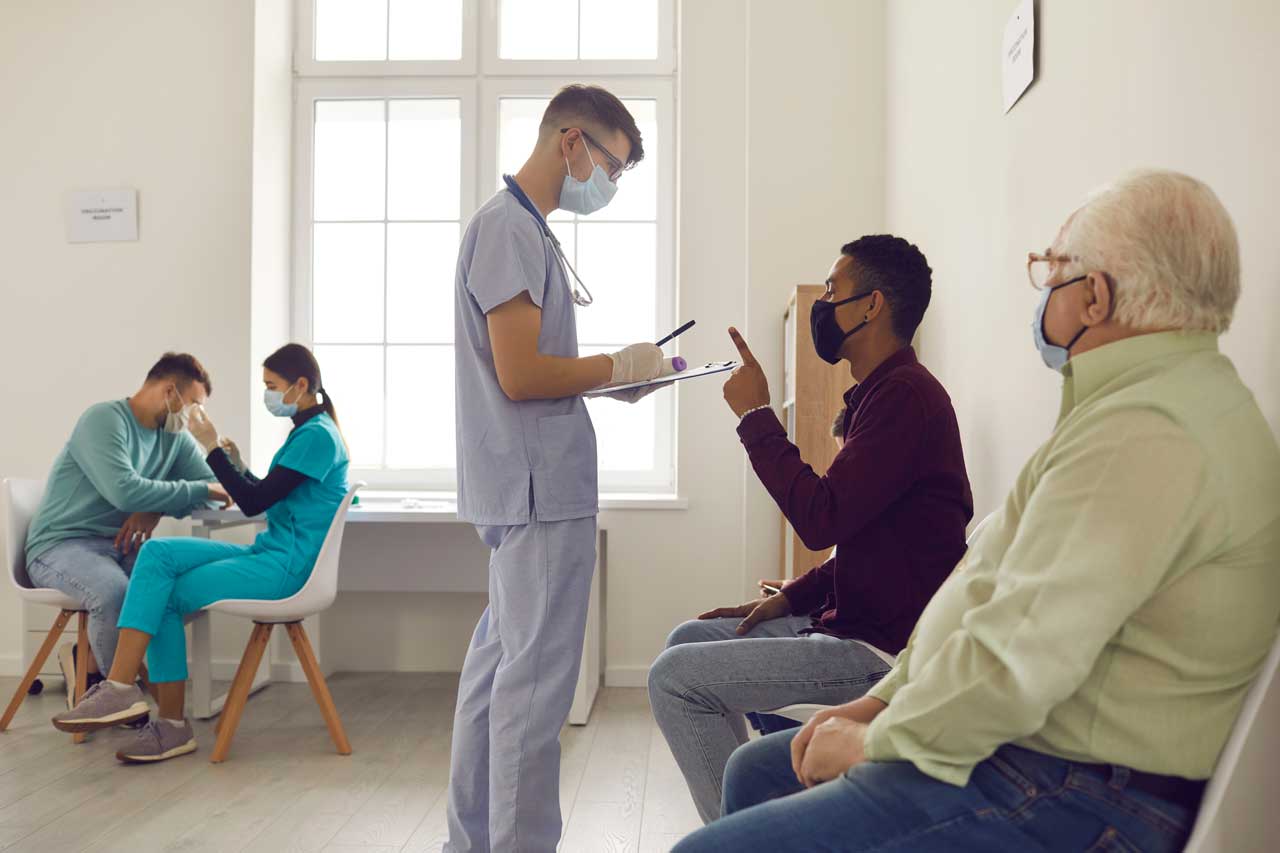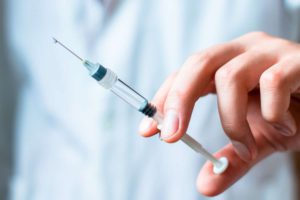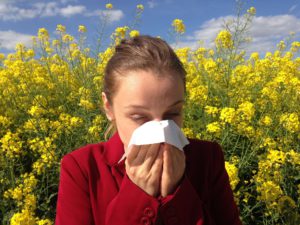When the pandemic broke out, the experts immediately got to work, doing all they could to create a COVID-19 vaccine. Finally, two mRNA vaccines have been issued an Emergency Use Authorization (EUA) by the FDA. As people in the country and selected countries around the world are getting vaccinated, one can not help but wonder about what an mRNA vaccine really is. Here are 15 common questions and answers that aim to help you learn more about it and to help you decide whether or not you should get vaccinated.
1. How do mRNA vaccines build immunity against infectious disease?
mRNA vaccines work by using strands of genetic material, called mRNA, to bring “instructions” to human cells on how to make a piece or portion of a SARS-CoV-2 spike protein. This induces an immune response, helping protect the body from getting infected.
The synthetic mRNA has a special coating of lipids or fats that protect it from getting destroyed by the body’s defense system before reaching its target cells. Once a spike protein piece is created, the mRNA strand breaks down and gets disposed of using the enzymes in the cell. The protein, now an antigen, causes the production of antibodies to fight off future SARS-CoV-2 infection.
2. How were scientists able to develop the COVID-19 vaccine in a short time?
The COVID-19 vaccine came out so quickly because mRNA vaccination technology is not unknown. It has been studied by Katalin Karikó, Ph.D., and a former faculty in the University of Pennsylvania. She and Drew Weissman, an immunologist with a medical degree and Ph.D., have discovered a way to keep the genetic material intact as they reach the target cells, thus, enhancing its potential in fighting off disease.
mRNA has long since been used by other scientists in creating vaccines for infectious diseases like Influenza, Zika, rabies, and CMV. It has also been used to help encode cancer vaccines to target malignant tumors in breast, colon, and prostate cancer patients, to name a few.
Other reasons why it was developed quickly are the availability of clinical funding, since the pandemic called for an urgent solution, and there are more participants for clinical trials.
3. What are the advantages of RNA vaccines over other types of vaccines?
The benefits of RNA vaccines include the use of a modified mRNA that is non-infectious and easily broken down by enzymes in the cells. Such vaccines require shorter manufacturing times and may potentially be used for multiple diseases. The process of making an mRNA vaccine can be standardized and upscaled because the materials needed for development are readily available.
4. What challenges or drawbacks were encountered in making mRNA vaccines?
The challenges and drawbacks of mRNA-based vaccines are their fragility and storage. Researchers have already addressed the fragile state of mRNA by coating it with a lipid nanoparticle to ensure that genetic instructions reach the target cells without getting attacked by the natural defense system of the body.
The storage and transport of such vaccines are also being studied and modified. Pfizer’s vaccine requires subzero temperatures, which means there would be a need for specialized storage equipment. They have recently created their own packaging, which helps keep the vaccines stable for a few weeks, even without special freezers.
5. What are the ingredients of an mRNA vaccine?
mRNA vaccines have fewer ingredients than traditional vaccines that induce protein production. It contains mRNA, lipids (which coats the mRNA to protect them from the body’s defense system), salts (to maintain the vaccine’s pH level), potassium chloride, monobasic potassium phosphate, sodium chloride (table salt), dibasic sodium phosphate dehydrate, and sucrose (which helps keep the lipid molecules from clumping).
This type of vaccine does not contain antibiotics, preservatives, blood components, proteins, egg, gluten, or microchips.
6. Can an mRNA vaccine affect a person’s DNA?
An mRNA vaccine can not affect a person’s DNA. The mRNA material is only active in the cytoplasm of a cell and it will not enter the nucleus, where the DNA is located.
7. What is the difference between the emergency use authorization (EUA) and licensure by the FDA for these mRNA vaccines?
Emergency Use Authorization or EUA means the FDA is authorizing the use of a vaccine even if there is less data than needed for approval, as long as the benefits outweigh the risks. An EUA is issued only for emergencies, like the sudden COVID-19 surge. Vaccines that receive an EUA must continue clinical studies and monitoring.
8. Is it necessary to administer the vaccine in two doses?
The vaccine is given in two doses so that you will receive full protection. The first shot introduces the vaccine to your body, prepping your immune system, while the second shot, which is given three to four weeks later, strengthens the immune response.
9. Are mRNA vaccines safe?
Each vaccine has to undergo a series of phases in clinical vaccine trials to ensure its safety and effectiveness. They have to complete or generate enough data to pass the requirements of the FDA and to acquire authorization to use it in the United States.
Data shows that these mRNA vaccines are very effective in 95% of vaccinated individuals. So far, no significant safety issues have been reported across age groups, genders, racial, and ethnic groups.
10. Are RNA vaccines safe for pregnant women, breastfeeding mothers, and children?
It should be safe for pregnant women, breastfeeding mothers, and kids but the FDA needs further clinical trial data to approve the vaccines for those groups. Both Pfizer and Moderna are now working on trials with children. For now, anyone younger than 16 is not allowed to get vaccinated with the COVID-19 vaccine.
11. Are there side effects associated with an mRNA vaccine?
There are side effects to taking an mRNA vaccine but these are due to the body’s reaction to the vaccine, not because of an infection. The side effects may somehow be similar to the symptoms caused by the virus but at a milder and more manageable level. These symptoms are indications that the body is building up immunity. Common side effects include:
- Fatigue
- Muscle pain
- Joint pain
- Headache
12. Will an mRNA vaccine make you sick?
An mRNA vaccine will not make you sick because it does not contain a live virus. Unlike traditional vaccines that use a dead or weakened form of a virus that produces proteins, mRNA uses synthetic material that only instructs the body to make a spike protein naturally.
13. How long is a vaccinated person protected from the virus?
How long a vaccinated person is protected from the virus is yet to be determined as the vaccine is fairly new. Based on studies, the trial participants have shown high levels of protective antibodies in their bodies 119 days after getting vaccinated. They are being monitored to check if the protection will wane over longer periods.
14. Will the vaccine be effective in COVID-19 survivors?
You can get the vaccine if you already had COVID-19 as long as it has been 90 days since the infection. Your natural immunity from the COVID infection is expected to wane over time. However, there is not enough data that will prove if the prior infection will affect the effectiveness of an mRNA vaccine.
15. Can mRNA vaccinations stop the pandemic?
Statcare has been giving COVID-vaccination and their providers feel that these mRNA vaccines will end the pandemic…eventually. The process may take time because about 70 to 80 percent of people need to be vaccinated first to achieve some kind of herd immunity, which can help slow down the spread of the infection. So, until then, people still need to wear masks and follow health protocols for a little while longer.










